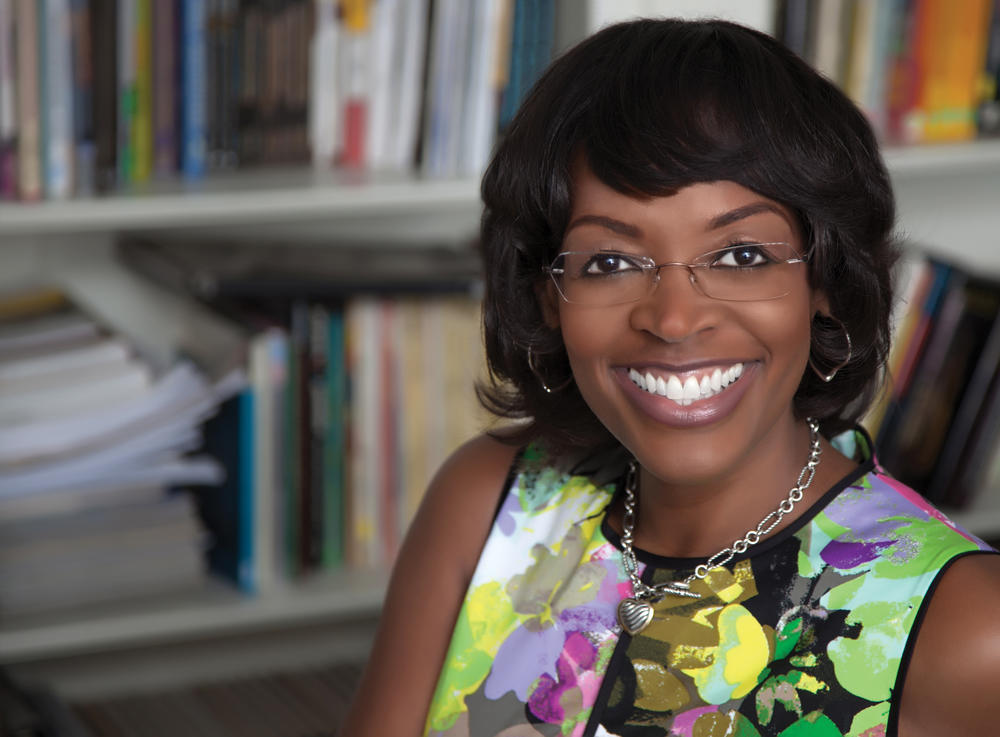Section Branding
Header Content
Commentary: Time To Diversify Fertility Treatment
Primary Content
More women are waiting later in life to have children. That's where fertility treatment can be a valuable resource, but research by the Fertility Center at New York University finds 80 percent of women who froze their eggs during a six-year period were white. Four percent were black. Atlanta fertility specialist Desireé McCarthy-Keith says it's time for that to change.
Ovaries contain 6-7 million developing eggs before birth. By the time a baby girl enters the world, her egg count has dropped to around 1 million. From birth on, she will have a steady decline in her egg supply until menopause, at which point her egg supply is exhausted and her fertility ends. This is a natural process for all women.
At the same time that their eggs are ticking away, many women are choosing to put off having children. For some women, family building takes a backseat to the pursuit of educational, career or personal goals. For others, unfortunate circumstances like a sudden cancer diagnosis may force them to involuntarily delay their fertility. And then there are women who are just not ready to become pregnant. Some may still be waiting for Mr. Right, while others may wish to maintain their child-free lifestyle a little longer. Women who find themselves in any of these life circumstances should consider freezing their eggs.
We’re making progress in this area but I hope to see more women taking advantage of this technology in the future. Many women now benefit from employer offered insurance benefits which cover egg freezing. Still, I personally see fewer women in my practice who choose to freeze their eggs for social reasons. When it comes to black women, I have observed even fewer coming in for elective egg freezing. When you look at the field of reproductive medicine as a whole, black women are often underrepresented among all women seeking fertility treatment. The reasons for the disparity are complex, and include culture, stigma, awareness and access.
Early fertility awareness campaigns were geared toward middle-class white women. As a result, many black women have not historically considered themselves in the demographic of fertility patients. Deep-rooted stereotypes that misrepresent black women as hyper-fertile and more in need of birth control than fertility treatment, unfortunately still exist. And many black women shun fertility treatments among themselves as something “we” don’t do.
It’s time for our thinking to change. It’s time to remove the stigma of fertility treatment and to separate fertility from status and self esteem. I have many courageous patients who boldly enter my office to start the process. I applaud them for taking control of their fertility and I want to see more women doing the same. As a fertility specialist of color, I advocate for the inclusion of minority women in every aspect of fertility preservation and treatment. I encourage my colleagues to expand their idea of what an infertility patient looks like. I encourage black women to talk with their doctors about fertility testing and treatment, even if they have to start the conversation themselves. I am proud to be a relatable figure for black women who are interested in fertility treatment. I am hopeful that when they look at me, they see themselves.

